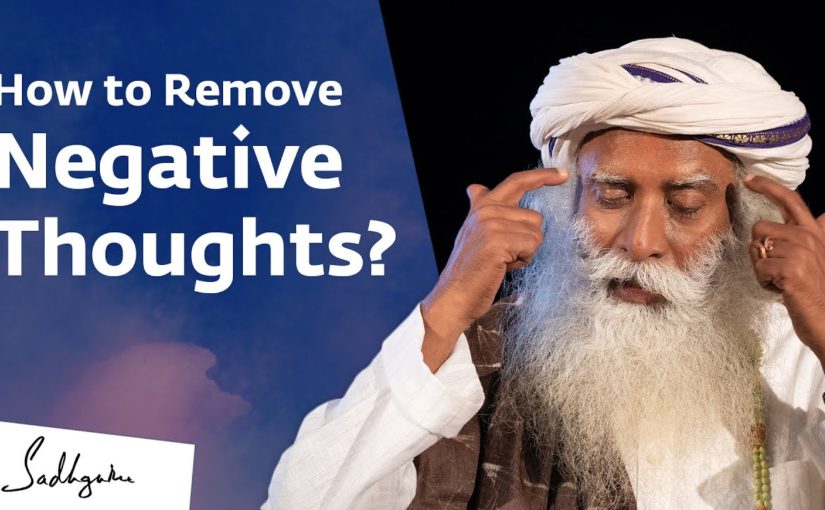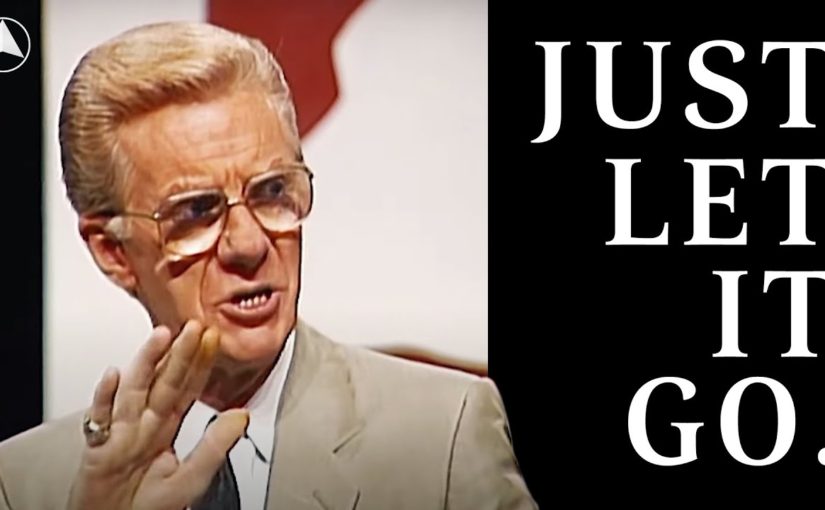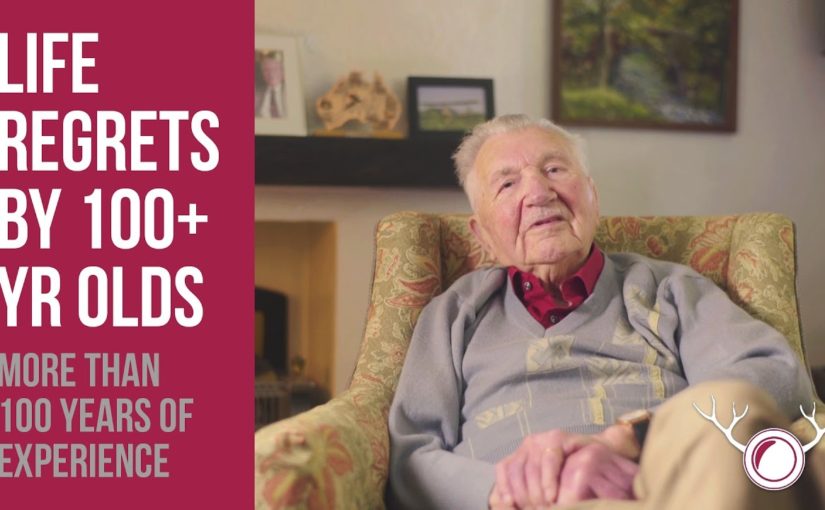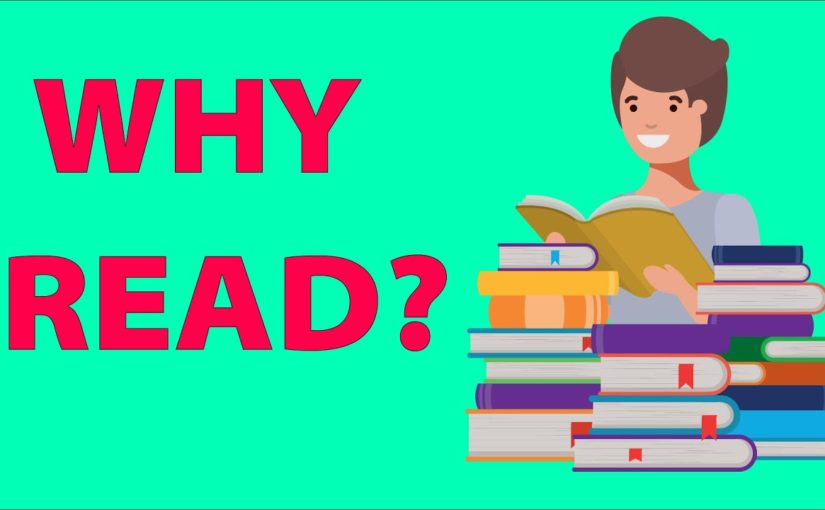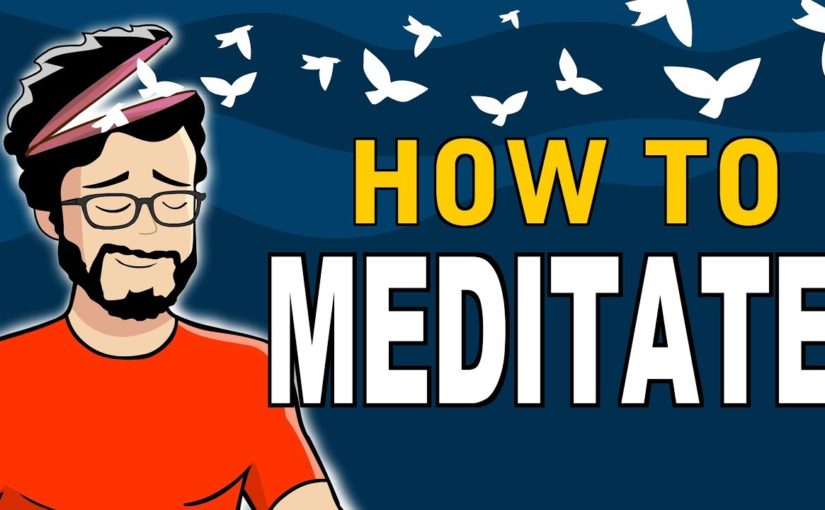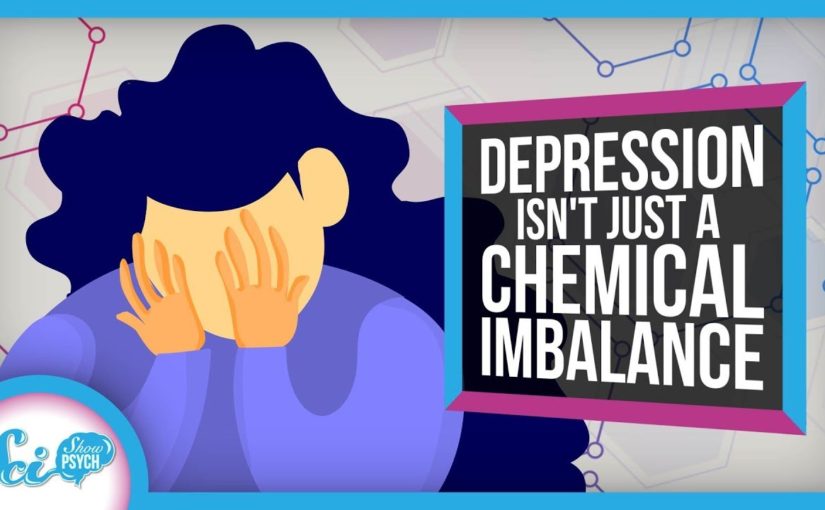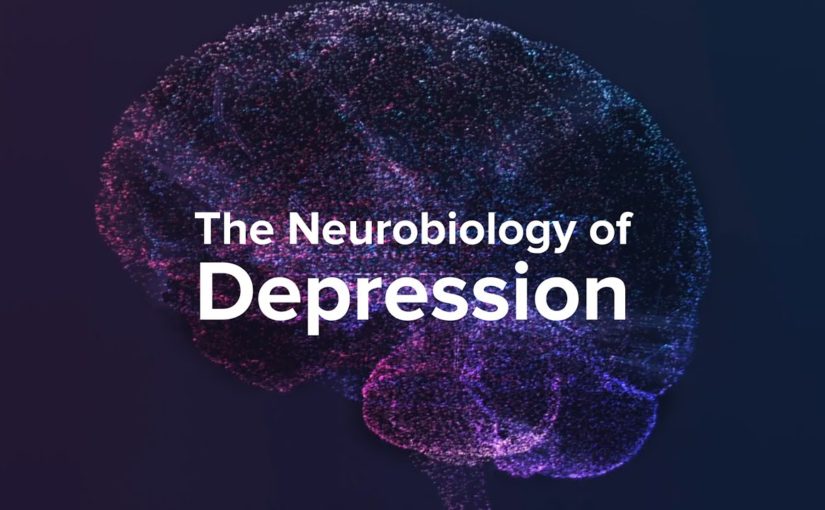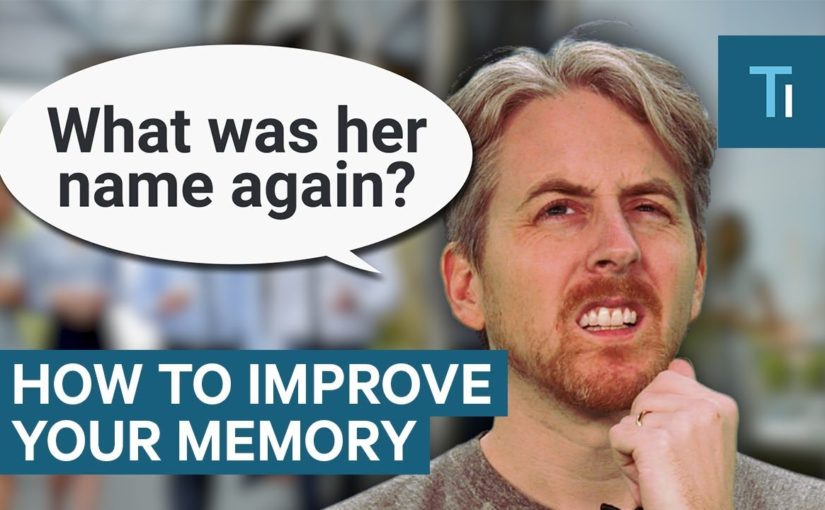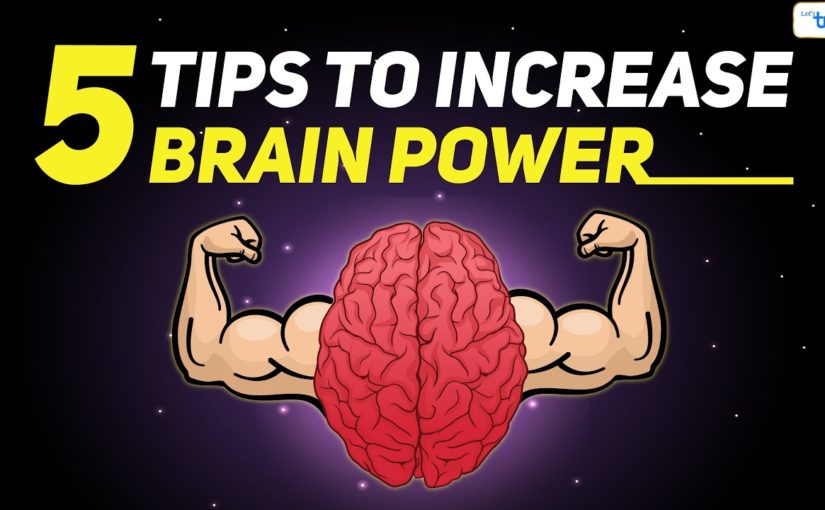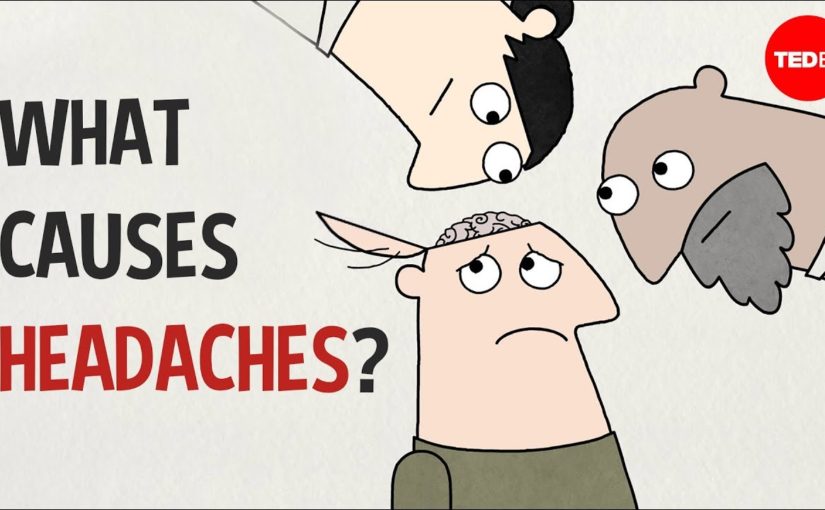https://www.youtube.com/watch?v=lJCUC0mRkPo
Sadhguru: There are no subtractions and divisions in our mind, there is only addition and multiplication. ‘I will just remove negative thoughts and I will have positive thoughts,’ all the best, it’s not going to work. It’s just that you need to pay little attention as to how it functions. You will see there is a distinction between what is you and what you have gathered. Well, see the way the question is asked and also the way normally it’s addressed is, people think there is something called as negative thought and positive thought. They want to remove the negative thoughts and have only positive thoughts. For such people, I would ask them to just experiment for ten, fifteen seconds. Let them forcefully remove one thought from their mind. For example, next ten seconds, just don’t think of a monkey. Try not to think of a monkey for next ten seconds – you will see, you will be full of monkeys. So, what I am saying is, this is the nature of your mind, because in this mind, all the three pedals are throttle – there is no brake, there is no clutch – whatever you touch, it will only go faster.00:01:26
In this kind of mind, people have been taught from moral teachers and religious teachers, “Do not think about bad things.” Well, since then, it’s been a full-time job. So, there is no way you can handle the mind like this, this doesn’t need any great enlightenment. If you spend two minutes with your eyes closed, you will realize, you cannot do anything forcefully with this mind. So, ‘I want to remove negative thoughts,’ do not ever go in this direction, because what you want to remove will become your quality, always you will be on it. “So, what should I do?” The thing is this – without understanding the fundamental mechanism of this mind, because our mind, human mind is the most sophet… sophisticated computer on the planet. Even all the supercomputers have come out of this. When this is the case, is it not important that we understand the mechanics of how it functions? One simplistic aspect of how it functions is – there are no subtractions and divisions in our mind, there is only addition and multiplication. If you try to do something with it, it will say, “One more.” If you try hard, it will multiply into many more. In this mind, you don’t try to identify what is positive, what is negative and try to remove it. First of all, one needs to understand, this mind of yours, this body of yours is supposed to serve you. The life that you are is important. Body and mind are vehicles that must serve us. If you sit in a vehicle, it must go (Laughs), where you want to go. If it goes to its own destination, what is the point of such a vehicle? It’s just a nuisance. Right now, most human beings are unfortunately, experiencing this fantastic possibility of human mind as a nuisance, as a troublesome thing. Well, this is the most beautiful thing you have. It’s just that you need to pay little attention as to how it functions. One simple thing is this – first and foremost process is… that’s why we put out this process called ‘Isha Kriya.’ This is to distance yourself from your physiological and psychological process. There is something called as, “You” which exists. This is not a composite of all your thoughts and emotions and physiological processes. Beyond that, there is you. If you close your eyes, even if you cannot see anything, you’re still there. It is through the window of your eyes that you are looking out, but if you close your eyes, it doesn’t mean that you don’t exist, you still exist. So, beyond your thought you still exist, beyond your emotion you still exist, so that you, the life that you are, this has to come into your experience. Why is it that you’re not allowing that to come into your experience, which is the most significant aspect of who you are? Who you are right now, the most significant aspect is – you and me are alive right now, this is it. ‘What I’m thinking, what you’re thinking’ is not the important thing. We are alive right now, that is the important thing. So, it is important that you focus on this fundamental sense of aliveness within you, and then you will see there is a natural distance between you and your thought process.
00:04:55
Once there is a distance between your psychological process and your physiological process, this is the end of suffering. Because there are only two kinds of suffering that human beings go through – physical suffering and mental suffering. Once you create a little space between you and your mind, between you and your body, this is the end of suffering. This is something every human being has to experience and know, otherwise thinking, “I will just remove negative thoughts and I will have positive thoughts,” all the best, it’s not going to work. One hundred percent it’s not going to work, because nobody can remove it, they can avoid it for some time. So, when negative thoughts come, you say, “Ram, Ram, Shiva, Shiva,” whatever you want, but this is just avoiding, it’s not gone. The moment you stop that, it will pop back with great force, otherwise it will come back in your dreams. So, it’s very important. First of all, you need to understand – your anger, your resentment, your fear, your anxieties, the negativity that you generate; generally resentment, anger, it is always directed towards somebody. But we need to understand this is poisons that we are drinking and expecting somebody else to die. Fortunately, life doesn’t work like that. If I drink poison, I die. If I drink poison, you don’t die. So, we need to understand this. When I say, “Poison” – today, you can have yourself chemically analyzed. Right now, ‘what is your blood work?’ What it says, five minutes of intense anger, check your blood work and see, there will be lots of negative elements in it. Literally, you’re poisoning yourself. So, do you want to poison yourself? Definitely not. Now the very question is coming from certain helplessness, ‘What shall I do?’ Don’t do anything. Just sit back and just concern yourself with something which is the life process, maybe your heartbeat, maybe your breath, maybe just the sensation of being alive. Depending upon how sensitive or how perceptive you are, accordingly, find something, it could be a sensation in the body, it could be breath, it could be heartbeat, it could be anything, something which indicates life to you. Just pay attention to that for some time. Slowly, you will see there is a distinction between what is you and what you have gathered, which includes both your physiological and psychological possibility or mess, whatever you’ve made out of it.
Source : Youtube
